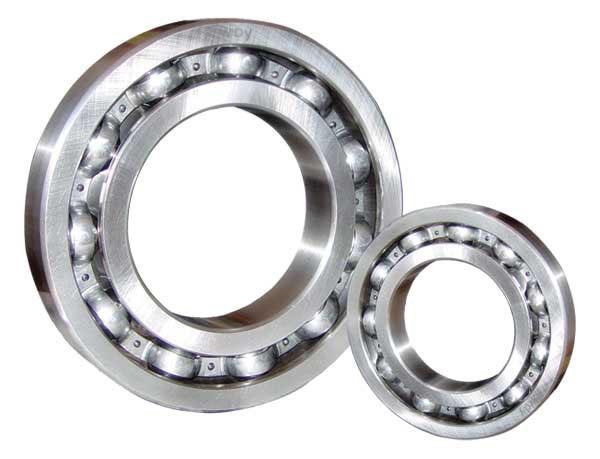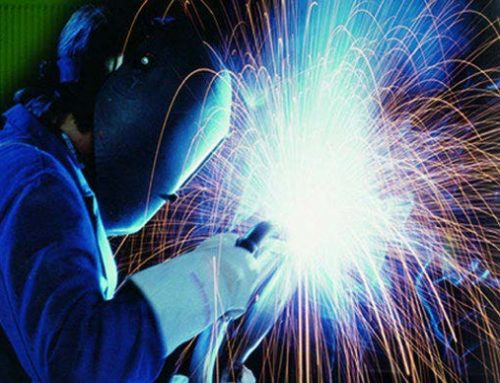Project Description
Why attend
This course introduces a maintenance technician, the basic types of bearings and their common terminology. It discusses bearing design, installation and maintenance with emphasis on avoiding early failures. The delegates will be qualified to analyze failed bearings, so that a recurrence of failure will be prevented.
By successfully completing this course, each participant will be capable to recognize typical causes of early parts failure and outline precise maintenance practices to improve performance and prolong the lives of various machine parts. Knowledge and skills, both in maintaining and improving equipment, are presented and practiced in an easy way.
Familiarization on how to remove, inspect, maintain, select, design, handle, install, and troubleshoot bearings according to manufacturers’ instructions and best practices. Participants also learn how to identify worn bearings, and how to install and maintain bearings, applying the right procedures.
Course Objectives
By the end of the course, participants will be able to:
Apply systematic procedures on bearing installation, maintenance, troubleshooting and failure analysis.
Recognize different bearing components including plain bearing, ball or roller bearings, cage assembly and others.
Assess new technologies in bearing materials and designs.
Number different bearing types and their uses.
Implement proper bearing installation and check bearing lubrications.
Examine the lead, speed, life and tolerance of bearings and assess the reasons for bearing failure and failures.
Who should attend
This course covers methodical practices and procedures for the installation, inspection, maintenance, troubleshooting of bearings, for maintenance and reliability engineers and other maintenance personnel.
Course Outline
- Types of Radial Ball Bearings and Their Uses
- Types of Radial Roller Bearings and Their Uses.
- Pre-Mounted Bearings (Flange, Pillow Block, etc.) .
- Understanding Manufacturers Identification Numbers
- Identifying Bearing Hardware – Internal Clearance and Bearing Application
- Plain Bearings.
- Ball or Roller Bearings.
- Cage Assembly .
- Seals, Shields, Snap-Rings and Bearing Hardware.
- Proper Bearing Installation Using Heat, Force and Other Methods – Classroom Exercise
- Purpose of Lubrication in Bearings – When to Use Oil vs. Grease – Lubrication Methods and Frequency.
- Proper Disassembly and Cleaning for Inspection – Common Failure Modes – Classroom Inspection and Analysis Exercise.
- Internal radial clearance and causes for failures
- Overview of Vibration Sources and Effects
- Effects of Balance on Vibration Analysis
- How Handling Preserves Bearing Life and Ease of Installation
- Proper Mounting and Dismounting, Common Errors
- Understanding Vibration Causes, Effects and Remedies
- Precision Alignment Fundamentals
- Precision Balancing and the Effect of Assembly Errors
- Bearing Life and Why Bearings Fail Early
- Typical Causes of Bearing Failure and How to Avoid Them
- ISO 17025 Standard and Accreditation
- Why Standardize?
- Technical Competence
- Data Validation and Reporting
- Measurement Uncertainty
- Summary Recommendations
The workshop
This interactive training course includes the following training methodologies as presented on the next column based on percentage of the total tuition hours:
Lectures
Workshops & Work presentation
Case Studies & Practical Exercises
Videos, Sofware & General Discussion
The course instructor may modify the above training methodology before or during the course for technical reasons with no prior notice to participants.
Falcon Consulting Professionals is established in Greece for the last 15 years in the areas of technical consulting and professional training for the local industries. Falcon is expanding in GCC, aiming to provide the best consulting and training solutions to the industries of the region. Falcon’s instructors are accredited trainers and highly experienced in their fields, as well as adult training. We aspire to build our business relationships on mutual trust. The achievement of results with an emphasis on innovation and sustainability, quality, cost analysis and time scheduling are non-negotiable from the conceptual phase of the training.







